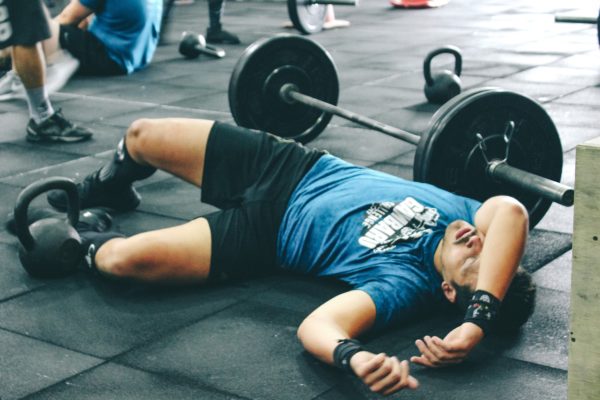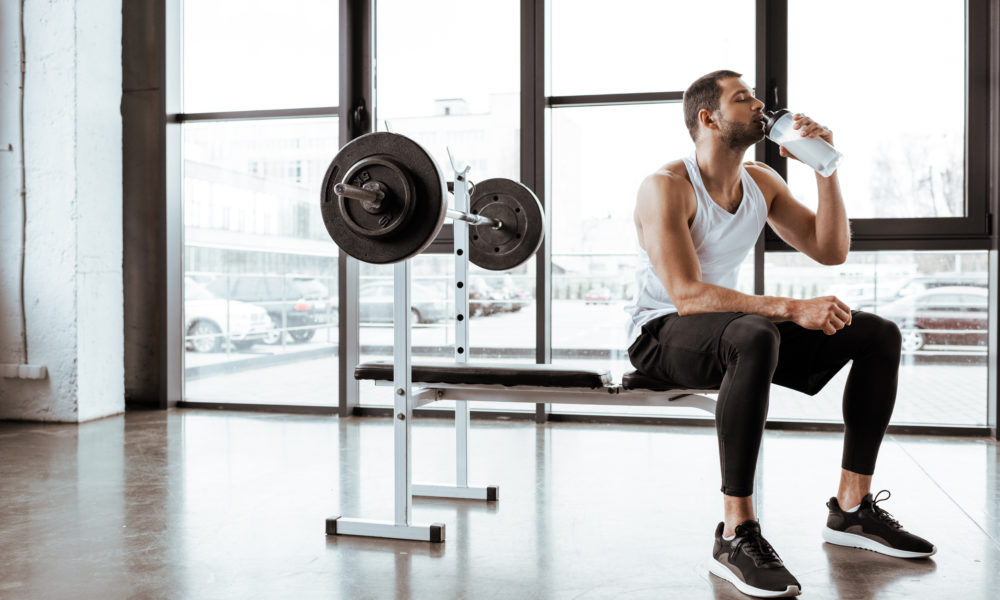When it comes to achieving optimal fitness performance, many people focus solely on their workout routines and neglect the importance of rest and recovery. However, rest and recovery are essential components of any fitness program and can have a significant impact on your overall performance and progress.
The Importance of Rest

Rest is crucial for allowing your body to recover and repair itself after a workout. During exercise, your muscles undergo stress and micro-tears, which can cause soreness and fatigue. Resting gives your body time to repair these micro-tears and build stronger muscles.
Additionally, rest is essential for preventing injury. Overtraining can lead to excessive stress on your body, which can result in injuries such as muscle strains and joint pain. By taking adequate rest days, you give your body time to recover and reduce the risk of injury.
The Benefits of Recovery
Recovery is the process of actively working to repair and restore your body after a workout. This can include activities such as stretching, foam rolling, and getting enough sleep.
One significant benefit of recovery is improved muscular performance. By stretching and foam rolling, you can increase blood flow to your muscles and improve flexibility, which can help you perform better during your workouts.
Sleep is also a crucial component of recovery. During sleep, your body produces growth hormone, which aids in muscle repair and recovery. Getting enough sleep can also help regulate hormones that affect appetite and metabolism, which can aid in weight loss and overall health.
How to Incorporate Rest and Recovery into Your Fitness Routine

It’s essential to prioritize rest and recovery in your fitness routine to ensure optimal performance and progress. Here are some tips for incorporating rest and recovery into your routine:
- Take rest days: Aim to take at least one or two rest days per week to give your body time to recover.
- Incorporate active recovery: On your rest days, try incorporating low-intensity activities such as yoga or walking to promote blood flow and aid in recovery.
- Stretch and foam roll: Make stretching and foam rolling a part of your post-workout routine to aid in muscle recovery and improve flexibility.
- Get enough sleep: Aim for 7-9 hours of sleep per night to allow your body to produce growth hormone and aid in muscle repair and recovery.
By prioritizing rest and recovery in your fitness routine, you can improve your overall performance and progress towards your fitness goals. Remember, achieving optimal fitness isn’t just about pushing yourself during your workouts; it’s also about taking care of your body and allowing it to recover and repair.

